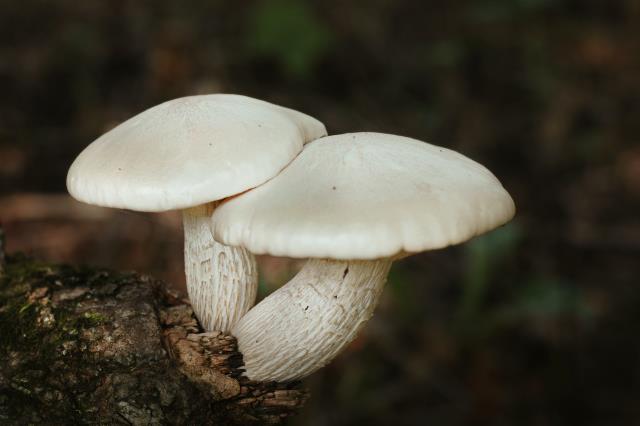With the cool and wet weather hitting the state, there have been increased warnings for people not to pick and eat wild mushrooms.
Mushrooms, including the fatal Death Cap mushroom, have been increasingly popping up in areas such as parks, backyards, paddocks, nature reserves and forests.
Death Cap mushrooms can appear at any time of year but are more common a week or two after good rain and while they may look inviting to touch and eat, ingesting them could cause serious illness or death.
Chief Public Health officer Nicola Spurrier said there was no reliable way of telling if a mushroom was safe to eat or not.
“Even experts have difficulty in identifying some species, so you should only eat mushrooms that have been purchased from a reliable grower, green-grocer or supermarket,” she said.
It has also been advised to keep a close eye on curious children and pets especially when outside, with around 40 per cent of calls made to the Poisons Information Centre last year about mushroom poisoning involving children under the age of five.
There was also a 13 per cent increase in total mushroom-related calls to the Poisons Information Centre recently, with 105 in 2022 compared to 119 in 2023, and a 136 per cent jump in cases referred to hospital, from 22 in 2022 to 52 last year – the highest figure in at least a decade.
While Botanic Gardens and State Herbarium of South Australia senior botanist-mycologist Teresa Lebel said wild mushrooms were fascinating, she too warned people not to eat them.
“It’s very important to know that if you cannot reliably identify a mushroom, it’s not safe to eat,” she said.
Symptoms of mushroom poisoning include severe stomach cramps, nausea, vomiting and diarrhoea, which may take several hours to appear and can last up to three days.
Poisoning from several varieties, including Death Cap mushrooms, may have a delayed onset of symptoms – up to 24 hours – and can cause life-threatening liver damage.
Professor Spurrier said if you eat a wild mushroom you should seek medical attention before symptoms appeared.
Dr Lebel said if you are seeking medical attention after coming in contact with a wild mushroom, you should take photos of the mushroom and note the general location they were found in.
“You should also try to take one of the mushrooms with you, if possible, to help experts identify what species it is to determine the most appropriate treatment,” she said.








